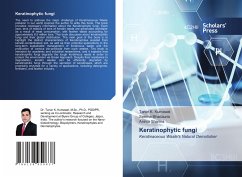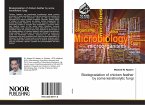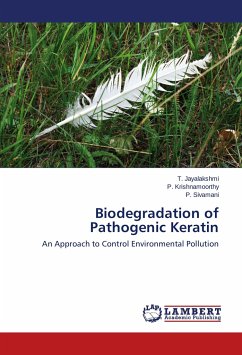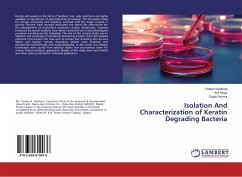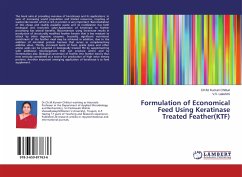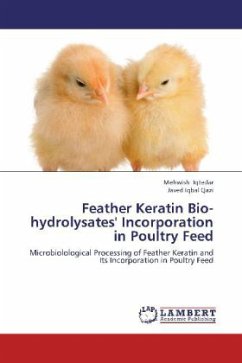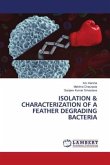The need to address the major challenge of Keratinaceous Waste pollution in our world inspired the author to write this book. The book provides necessary information about the Keratinophytic fungi. Each year, tens of millions of tons of keratin waste are generated worldwide as a result of meat consumption, with feather waste accounting for approximately 8.5 million tons. This book discusses about keratinophilic fungi and their global distribution. The main goal of this book is to highlight the distinct characteristics of Keratinophiles isolated from keratin-contaminated soil, as well as their potential applications in the long-term sustainable management of keratinous waste and the production of various bio-products from such wastes. The book is intended for academic and industrial researchers, and it explains how keratinophilic fungi degrade the tough keratinous waste in order to protect the environment via Green Approach. Despite their resistance to degradation, keratin wastes can be efficiently degraded by keratinophilic fungi through the secretion of keratinases, which are promising enzymes for a variety of applications, including detergents, fertilizers, and leather industry.
Bitte wählen Sie Ihr Anliegen aus.
Rechnungen
Retourenschein anfordern
Bestellstatus
Storno

